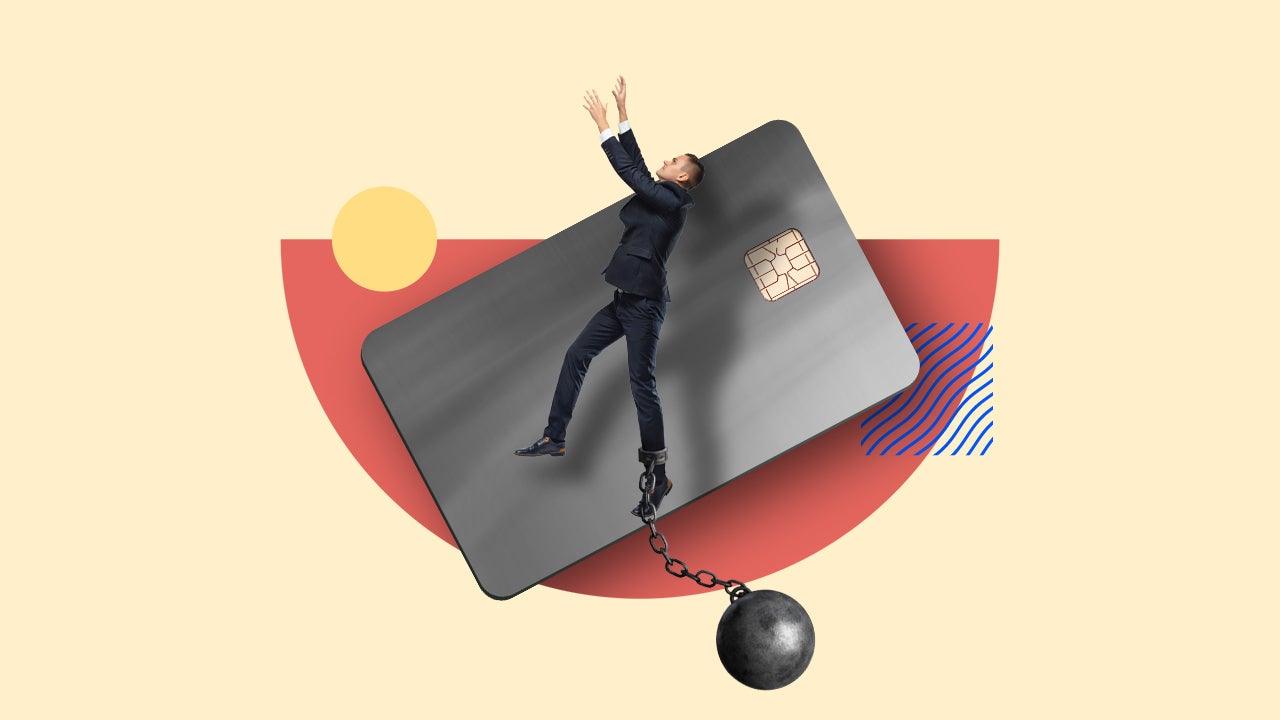Should I get multiple secured credit cards?

Key takeaways
- Holding multiple credit cards won’t necessarily help improve your credit score more quickly in the short-term, compared to having a single card.
- Opening additional cards can help you overall by increasing your total credit limit and potentially lowering your credit utilization rate.
- However, doing so can hurt you by adding inquiries to your credit reports, increasing the amount you’ll pay toward security deposits and making your monthly account management responsibilities more complicated.
Getting a credit card and using it responsibly is one of the best ways to build credit over time, yet qualifying for a card can be challenging when you have bad credit.
People with truly poor credit (including those with FICO scores below 580) will almost certainly need to start with a secured credit card that requires a cash deposit as collateral first. The same can also be true for people with scores on the low end of the fair credit range — including FICO scores between 580 and 669 — whose credit isn’t strong enough to qualify for an unsecured card.
In any case, you may be wondering if having multiple credit cards for bad credit can speed up the process of building credit and improving your score. While having more than one credit card has the potential to add more depth to your credit history than holding a single card, there are several important considerations to keep in mind — both good and bad.
The benefit of having multiple cards, even if you have bad credit
Generally speaking, having more than one credit card won’t necessarily help you increase your credit score more quickly.
If you open a new credit card and use it for regular spending, this information will likely be reported to the credit bureaus — and as long as you keep your account in good standing, this will give your score a boost. That said, having multiple cards and monthly payments reported to the credit bureaus won’t necessarily do more than having just one in the short-term.
There are some benefits to having more than one card, however.
Higher total credit limit
Having several credit cards can mean having access to higher total credit limits. This can be important for people with bad credit, since available credit cards tend to have very low limits at first, even as low as $200.
By applying for a few credit cards for bad credit, even if they’re secured, you’ll gain access to more available credit overall. This can make using credit easier since it gives you more breathing room to make purchases each month.
Potentially lower credit utilization
The other way having multiple cards can help you is based on the second most important factor that goes into calculating your FICO scores — the total amounts you owe, relative to your credit limits. Also called credit utilization, this factor contributes up to 30 percent of your credit score.
Most experts recommend keeping credit utilization below 30 percent of your available credit limits at all times, but this can be difficult with a credit limit as low as $200, a typical starting credit limit for secured cards. After all, using just 30 percent of a $200 credit limit means keeping charges below $60.
By holding multiple cards with their own credit limits, you can use your cards to make more purchases while still keeping your utilization low. Of course, you also have the option to make payments on your card(s) throughout the billing cycle to keep your balances lower than they would otherwise be.
The risks of multiple credit cards when you have a low credit score
While having several credit cards for bad credit gives you the chance to build credit with on-time payments and responsible use, there are some downsides that come with having more than one card. Consider the following:
Credit score impact
Each new credit application you submit is likely to result in a hard inquiry on your credit reports. Not only can seeing too many new hard inquiries on your reports make issuers nervous about your financial situation, but the number of new inquiries makes up 10 percent of your FICO scores.
Fortunately, the impact of hard inquiries fades quickly, with most dropping from your reports in two years or less. However, be aware that your credit score can take a temporary hit if you apply for too many new cards in a short amount of time.
Multiple security deposits for secured credit cards
Also, remember that secured credit cards in particular require a cash deposit as collateral, usually starting around $200 (though some cards require as little as a $49 deposit). You’ll have to pay a new deposit for each secured credit card you get approved for, and the amounts of collateral you have to put down to open up multiple cards can add up fast.
That said, security deposits for these cards are fully refundable when you close or upgrade your account in good standing, so you can get this money back with enough time and credit progress under your belt.
More bills to manage
It’s important to note that juggling multiple credit cards means multiple accounts to track and bills to pay each month. If you have bad credit due to poor management of past accounts, applying for several new cards may put you at risk of forgetting a payment and doing more damage to your credit score in the process.
Tips if you decide to get another card
Before applying for a second secured card, ensure you can:
- Manage multiple accounts responsibly.
- Set up payment reminders or autopay to avoid missed payments, which can hurt your credit.
- Track spending across cards to stay within budget and keep utilization low (under 30% per card).
- Avoid overestimating your repayment ability — only charge what you can pay in full each month.
- Consider starting with one card until you’re confident in your habits.
Keep in mind: More cards mean more deposits and complexity, so weigh the benefits against your discipline.
Ultimately, your decision on whether to pursue one or several of the best credit cards for bad credit should come down to what you’re trying to accomplish.
You may, for example, decide to get a few new cards so that you have more available credit at your disposal each month. Then again, you might also decide that managing one monthly credit card payment is all you can handle at the moment.
The bottom line
Having more than one secured card isn’t necessarily better than not, and it can make your financial life more complicated than it needs to be. Either way, it’s how you use your card (or cards) that’ll have the greatest impact on your credit score over time. For the best results, aim to keep debt levels at a minimum and always pay your bills early or on time.
Why we ask for feedback Your feedback helps us improve our content and services. It takes less than a minute to complete.
Your responses are anonymous and will only be used for improving our website.






